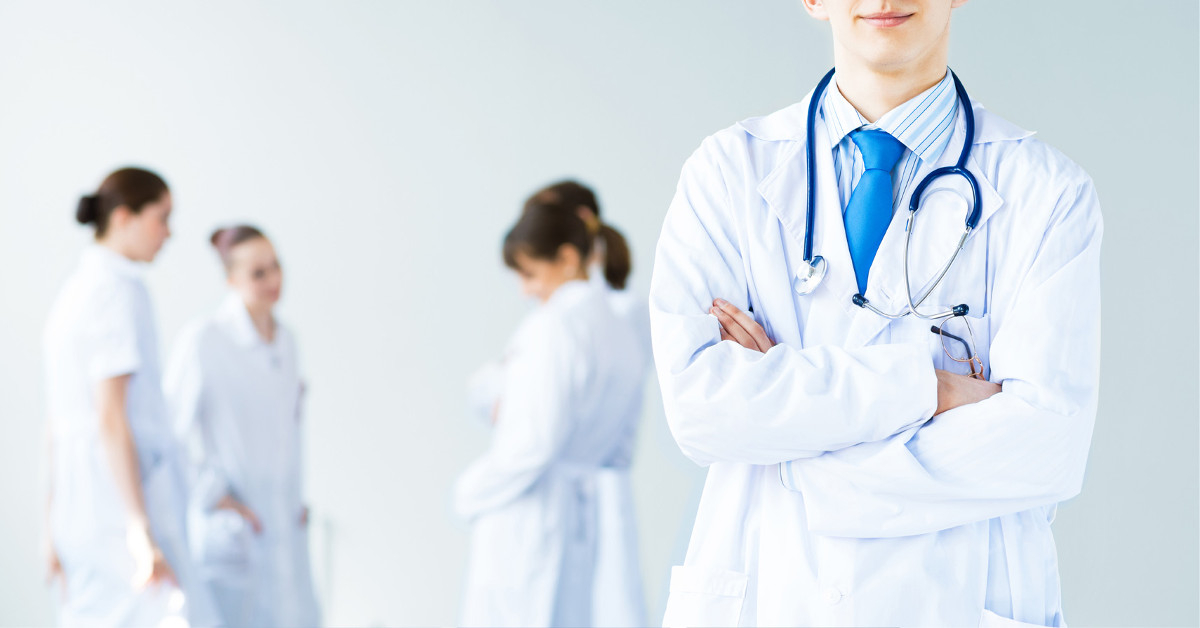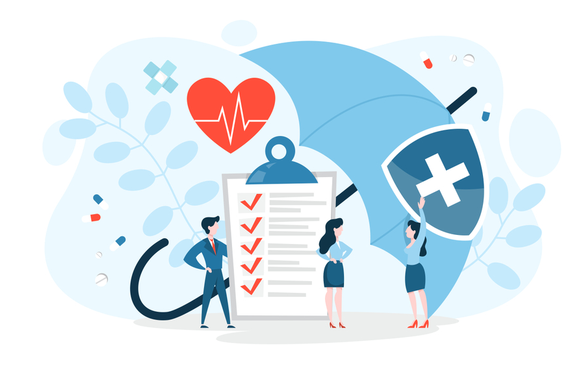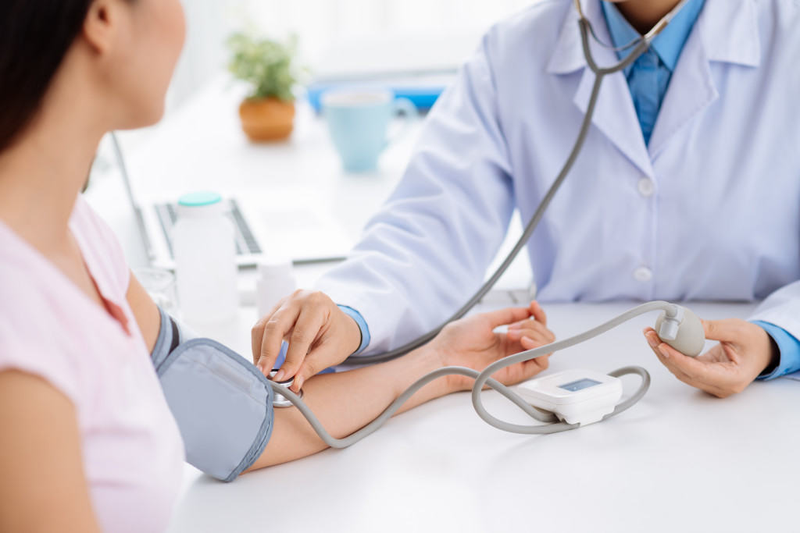What are the prohibited acts regarding medical examination and treatment in Vietnam? - Thanh Luong (Da Nang, Vietnam)

14 Prohibited acts regarding medical examination and treatment in Vietnam (Internet image)
1. What is medical examination and treatment?
- Medical examination means the inquiry into diseases and medical history, physical examination, and instruction for paraclinical testing or functional probe, when necessary, for diagnosis and instruction of recognized appropriate treatment methods.
- Medical treatment means the use of recognized professional and technical methods and drugs licensed for circulation for first aid, cure, care and functional rehabilitation of patients.
(Clause 1 and 2, Article 2 of the Law on Medical Examination and Treatment 2009)
2. Prohibited acts regarding medical examination and treatment in Vietnam
According to Article 6 of the Law on Medical Examination and Treatment 2009, the prohibited acts regarding medical examination and treatment include:
(1) Refusing to provide or intentionally delaying first aid for patients.
(2) Providing medical examination and treatment without a medical practice certificate or during the time subject to suspension from professional practice; providing medical examination and treatment services without an operation license or during the time subject to suspension from operation.
(3) Practicing medical examination and treatment or providing medical examination and treatment services outside the scope of professional operation under a medical practice certificate or operation license, except cases of emergency.
(4) Hiring, borrowing, leasing or lending medical practice certificates or operation licenses.
(5) Practitioners selling drugs to patients in any forms, except herb doctors, herb assistant doctors, herbalists and owners of family remedies.
(6) Applying medical professional methods and techniques which have not been recognized and using drugs which have not been licensed for circulation, in medical examination and treatment.
(7) Advertising professional capacity and qualifications untruthfully or beyond the scope of professional operation under medical practice certificates or operation licenses; abusing traditional herbal medicament knowledge or other medical knowledge to advertise treatment methods or drugs untruthfully.
(8) Using superstitions in medical examination and treatment.
(9) Practitioners drinking alcohol or beer or smoking or having an alcoholic concentration in blood or breath when providing medical examination and treatment.
(10) Infringing upon patients' rights; failing to observe professional and technical regulations in medical examination and treatment; taking advantage of positions and powers in medical examination and treatment: abusing the profession to harm the honor, dignity and body of patients: erasing and modifying case history dossiers to falsify information on medical examination and treatment.
(11) Harming the health, life, honor and dignity of practitioners.
(12) Obstructing patients in need of compulsory treatment in admitting to medical examination and treatment establishments or intentionally providing treatment for those not in need of compulsory treatment.
(13) Medical cadres, civil servants and public employees establishing, engaged in the establishment or management and administration of, private hospitals or medical examination and treatment establishments set up and operating under the Enterprise Law or the Law on Cooperatives, unless they are assigned by competent state agencies to manage and administer state-funded medical examination and treatment establishments.
(14) Bribe giving, taking and broking in medical examination and treatment.
3. Principles for medical practice in Vietnam
According to Article 3 of the Law on Medical Examination and Treatment 2009, the principles for medical practice in Vietnam include:
- To ensure equality, fairness and non-discrimination for patients.
- To respect patients' rights; to keep confidential information on the health status and privacy of patients indicated in their case history dossiers, except the cases specified in Clause 2. Article 8; Clause 1. Article 11; and Clause 4, Article 59, of Law on Medical Examination and Treatment 2009.
- To promptly and properly observe professional and technical regulations.
- To prioritize medical examination and treatment for cases of emergency, under-6 children, sufferers of serious disabilities, people aged full 80 or older; people with contributions to the revolution; and pregnant women.
- To guarantee professional ethics of practitioners.
- To respect, cooperate with, and protect practitioners on duty.
Thanh Rin
 Article table of contents
Article table of contents







.Medium.png)
.Medium.png)
.Medium.png)
.Medium.png)
